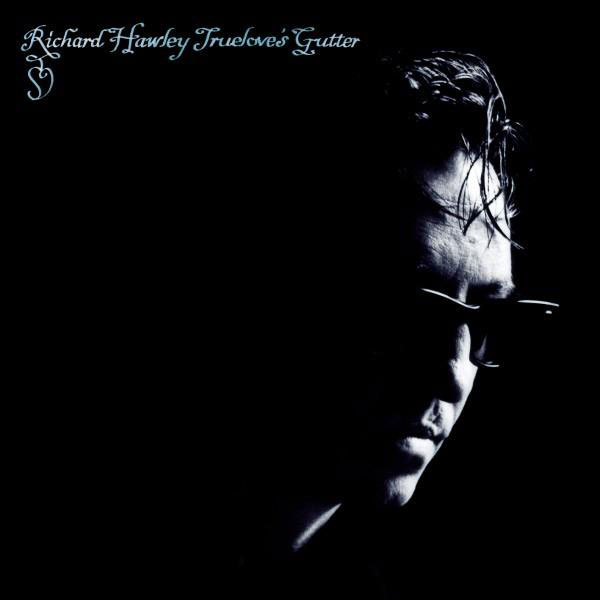Richard Hawley recently revealed to the BBC that his latest album, Truelove’s Gutter, exhibits a much gloomier mood than his previous efforts, focusing on “darker periods” in his unusually turbulent life. Such a statement should come as no surprise for die-hard fans of his output. Since his 2001 self-titled solo-debut, Hawley has regularly employed a somber and melancholic atmosphere when penning a song while inversely injecting them with endearingly romantic chamber-pop melodies. This approach has often given his most saddening songs a feeling of hopeful optimism; a sense that even when walking down the rain-soaked streets of his native Sheffield long before dawn, Hawley can still lift his head and see the stars shining above.
But the lush orchestration found on 2005’s Coles Corner and 2007’s Lady’s Bridge has been almost entirely abandoned on Truelove’s Gutter. Instead, Hawley pushes his listeners to contemplate his already heavy-handed lyrical style accompanied primarily by guitar and relatively few arrangements. As a result, his songs do not leave much room for passionate anticipation.
That isn’t to say Hawley doesn’t begin the record without some sort of tender and positive buoyancy. On the album’s opener, “As The Dawn Breaks,” he affectionately strums the guitar while singing: In this morning search for meaning / I hear a songbird’s melody / I hear a songbird’s melody / And she’s singing just for me. For Hawley, it is perhaps a hint towards a new beginning, a renewal that manifests itself within the object of his affection.
This sentiment is continued on the second track, “Open Up Your Door,” but completely disappears by the third, “Ashes on the Fire.” He sings “My words like an arrow / Aimed so much higher / My bow broke asunder / Ashes on the fire” with a frank repentance evocative of Johnny Cash’s mid-career spoken word style. The lyrics signify a change in mood, a transition from hope to despair, which sets itself firmly within the context of the remaining songs.
Hawley might express some resolve on later tracks such as “For Your Lover Give Some Time,” promising his significant other he will “drink a little less” and give her “flowers from the graveyard now and then”. But its wavering existence is diminished by Hawley’s cynical pessimism on the closing number, “Don’t You Cry,” in which he eerily chimes “Your lover’s ghostly memory / Haunts you all your days / His ship sails bold horizons / You stalk him in its wake / But you can’t cry,” leaving himself removed and despondent from his own sense of loss while providing the listener with a feeling of aching uncertainty.
Despite being one of the greatest strengths of the record, the careful and calculated confessing technique Hawley uses is ultimately the factor that will also divide listeners. With two tracks around 10-minutes in length, some will understandably find it too long-winded. And things don’t really begin to kick in until mid-way through, which causes the second half of the record to lose some of its momentum. But ultimately these complaints don’t seem to necessarily weaken the themes he is attempting to express in Truelove’s Gutter. If anything, they might even signify a new chapter in Hawley’s artistic maturation and self-confidence that has been evolving quite strongly since Cole’s Corner.

